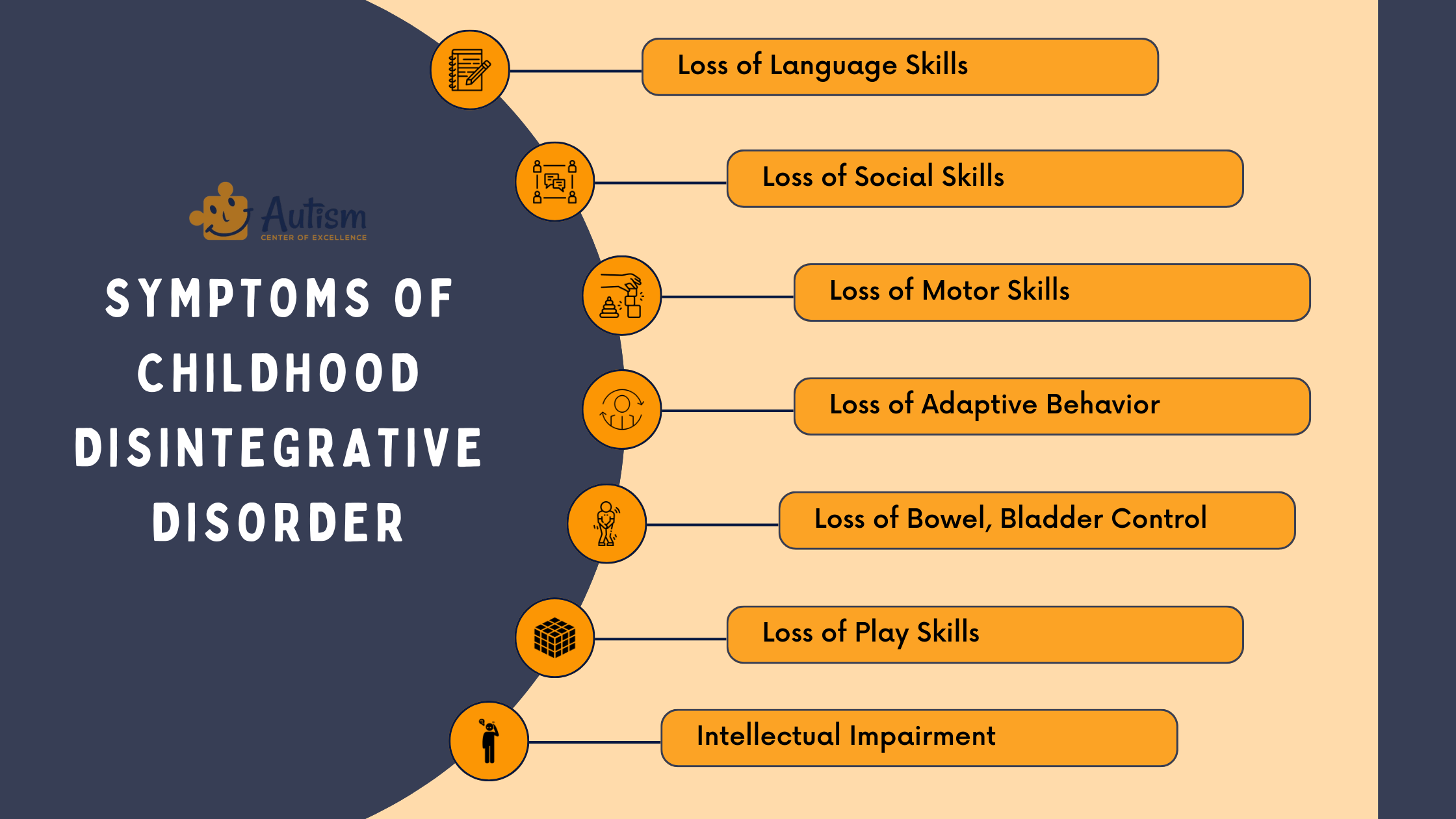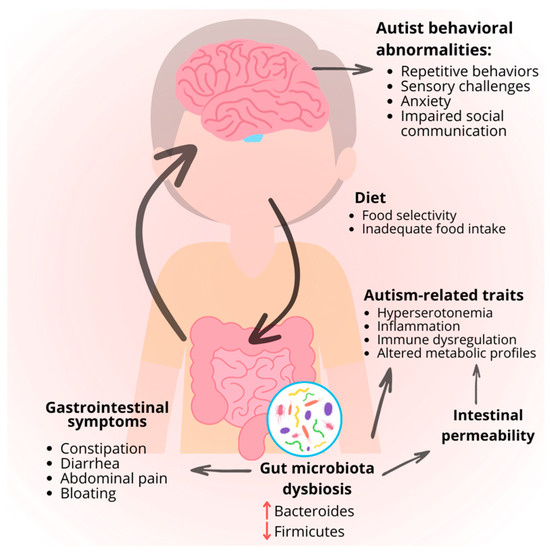Tips for creating sensory-friendly spaces with advice from an Autism Therapist's perspective
Tips for creating sensory-friendly spaces with advice from an Autism Therapist's perspective
Blog Article
Trick Signs and Symptoms to Recognize in People With Behavior Autism
When you run into a person with behavior autism, acknowledging essential symptoms and signs is essential. You could discover difficulties in social interactions and interaction, as well as a strong need for routines. In addition, sensory level of sensitivities can cause overwhelming experiences. Understanding these traits can boost your assistance and interventions, but there's more to reveal concerning how these behaviors show up in everyday scenarios. Let's explore what these indicators truly look like.
Challenges in Social Communications
When you engage with someone on the autism range, you may notice they have problem with social hints and interaction. These difficulties can make social interactions really feel overwhelming for them. You might see them avoiding eye call or standing as well close or also away throughout conversations, which can develop misunderstandings. They may not notice body movement or faces, making it harder for them to determine how others are really feeling.
Furthermore, you may locate that they prefer regimens and acquainted setups, which can limit their readiness to participate in new social scenarios. They might speak regarding their passions in great detail without observing if you're interested when they do involve. This can bring about discriminatory conversations that leave you feeling detached. Recognizing these obstacles can aid you come close to communications with compassion and patience, fostering a more comfortable atmosphere for both of you.
Difficulty With Verbal and Non-Verbal Communication

Non-verbal communication can be much more challenging. You may see an absence of eye get in touch with or minimal use gestures, which can make interactions really feel unpleasant. Facial expressions might not always align with the discussion, causing complication regarding their sensations. Recognizing these signs is essential, as it assists you far better support and engage with people on the autism spectrum. By recognizing their communication obstacles, you can cultivate much more significant connections and supply an extra supportive atmosphere.
Repetitive Behaviors and Routines
Communication difficulties usually accompany other signs of autism, such as repeated habits and a solid choice for regimens. You may observe that people with autism usually participate in specific, repeated actions, like hand-flapping, rocking, or repeating expressions. These actions can give comfort and a feeling of control in an often overwhelming world.
When they comply with a structured timetable,Regimens are just as important; many people grow. You might discover that modifications to these routines can lead to substantial distress. For example, if they have a day-to-day routine of consuming breakfast at a certain time or complying with a specific route to school, any kind of disturbance can trigger stress and anxiety.
Recognizing these patterns aids you comprehend their behavior and provide assistance. By accommodating their requirement for regular and allowing repeated actions, you can create a much more comfortable setting that relieves their challenges.
Sensory Level Of Sensitivities

Common Sensory Triggers
Sensory sensitivities can considerably impact every day life for people with autism, as specific stimulations frequently activate frustrating reactions. Common sensory triggers include loud noises, brilliant lights, and solid smells. You may observe that abrupt audios, like alarm systems or sirens, cause anxiousness or distress. Fluorescent lights in shops can feel unpleasant and harsh. Textures can also play a substantial role; rough materials or certain food appearances may be excruciating for you. Additionally, crowded places can bewilder your senses, making it difficult to loosen up or go to website focus. Understanding these triggers can help you handle your environment better. By recognizing what influences you, you can take actions to decrease pain and improve your daily experiences.
Behavioral Actions Explained
Understanding your behavioral responses to sensory sensitivities is important, as they frequently disclose just how you communicate with the globe. You might notice that particular noises, lights, or textures bewilder you, resulting in anxiety or pain. When faced with these stimulations, you may take out, cover your ears, and even react boldy. These reactions aren't simply peculiarities; they're your way of dealing with overstimulation. You may additionally discover on your own seeking details sensory experiences, like deep pressure or silent atmospheres, to aid ground yourself. Identifying these patterns helps you recognize your needs far better and can direct just how you communicate them to others. By recognizing your sensory sensitivities, you can work towards producing a setting that feels extra manageable and comfy for you.
Coping Approaches Overview
Acknowledging your sensory level of sensitivities is simply the very first step; now it's time to discover coping techniques that can assist you take care of those experiences effectively. Begin by developing a sensory toolkit customized to your needs. This might consist of noise-canceling headphones, fidget playthings, or soothing fragrances. Establishing a structured regimen can also offer predictability, lowering anxiousness around sensory overload. Take breaks in a quiet space to regroup when you feel overwhelmed. Exercising mindfulness strategies such as deep breathing can aid ground you in the minute. In addition, communicate your demands with those around you; having helpful loved ones can make a significant distinction. Bear in mind, discovering what works best for you may take time, so be open and patient to attempting new methods.
Limited Rate Of Interests and Focus
While many people establish visit this web-site a wide variety of rate of interests, those with autism frequently show restricted interests and an extreme focus on details topics. You could observe that someone with autism can invest hours delving right into their favorite topic, whether it's a particular kind of train, a particular flick, or a scientific principle. This intense emphasis isn't just a leisure activity; it can become a main part of their identification and social interactions.
You might locate that conversations revolve around these interests, and they may have a hard time to involve in more comprehensive topics. By comprehending and recognizing these limited passions, you can cultivate a supportive environment where they feel valued and comprehended, enabling for even more purposeful links and communications.
Emotional Regulation Difficulties
Individuals with autism often face obstacles in psychological guideline, which can be influenced by their intense concentrate on details rate of interests. You may discover that when an individual is deeply participated in a favored activity, they can experience solid feelings, whether excitement or aggravation. When points don't go as planned., this strength often makes it hard for them to change gears or handle their sensations - Aba Therapist.

Variability in Developing Landmarks
When it comes to developing milestones, you'll see that people with autism usually reveal a vast array of irregularity. You may see a child excel in language skills yet battle with social communications.
It's necessary to acknowledge that each individual's trip is distinct. Observing these patterns can help you comprehend their staminas and needs better.
Often Asked Concerns
Just How Is Autism Identified in Kid and Grownups?
To identify autism in children and grownups, professionals examine actions, interaction skills, and social interactions. They commonly use standardized examinations, meetings, and monitorings to establish if an individual satisfies the standards for autism range disorder.
Exist Various Kinds of Autism Spectrum Disorders?
Yes, there are different sorts of autism spectrum conditions, including Asperger's disorder and pervasive developmental disorder-not otherwise defined. Each type varies in extent and attributes, so understanding these differences can assist you far better support individuals with autism.
What Treatments Work for People With Autism?
When considering reliable therapies for people with autism, you'll locate choices like Applied Actions Evaluation, speech therapy, and occupational therapy. Each technique can help improve communication, social skills, and daily functioning tailored to individual needs.
Can Individuals With Autism Lead Independent Lives?
Yes, individuals with autism can lead independent lives. With the best assistance, skills training, and resources, you can assist them establish self-sufficiency, manage day-to-day tasks, and flourish in different atmospheres, fostering their freedom.
How Can Families Assistance Liked Ones With Autism?
You can sustain your loved ones with autism by developing an organized atmosphere, motivating their interests, exercising persistence, promoting interaction, and promoting social skills. Celebrate their success, regardless of just how small, and construct a supportive area.
Although several people on the autism range can understand and use language, they commonly encounter significant challenges with both verbal and non-verbal communication. Acknowledging these indications is crucial, as it aids you far better support and involve with people on the autism spectrum. You may notice that individuals with autism frequently engage in specific, repeated actions, like hand-flapping, shaking, or repeating expressions.Sensory level of sensitivities can substantially affect Autism Therapist daily life for people with autism, as specific stimuli commonly activate overwhelming responses.When it comes to developing turning points, you'll notice that individuals with autism often show a wide range of variability.
Report this page